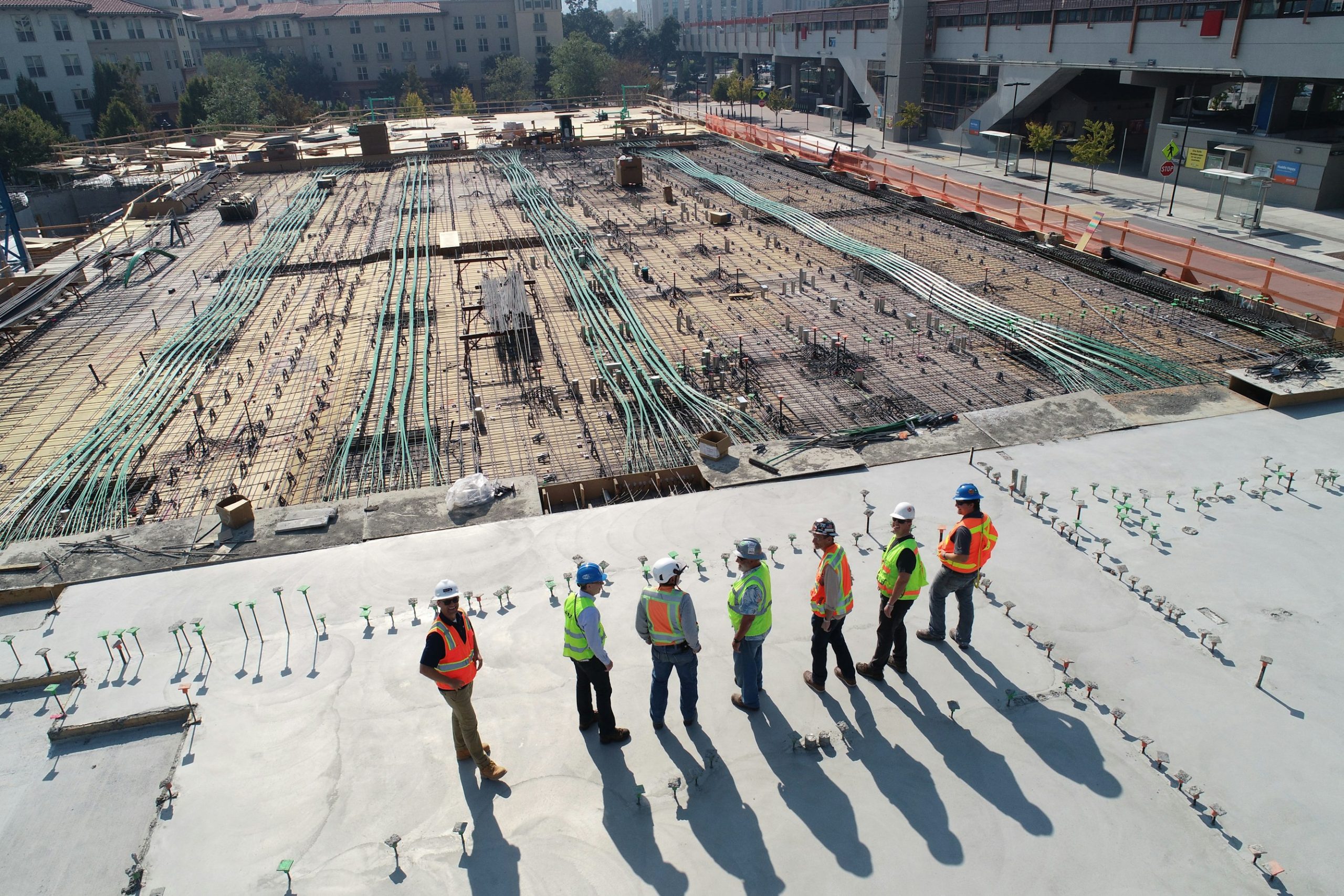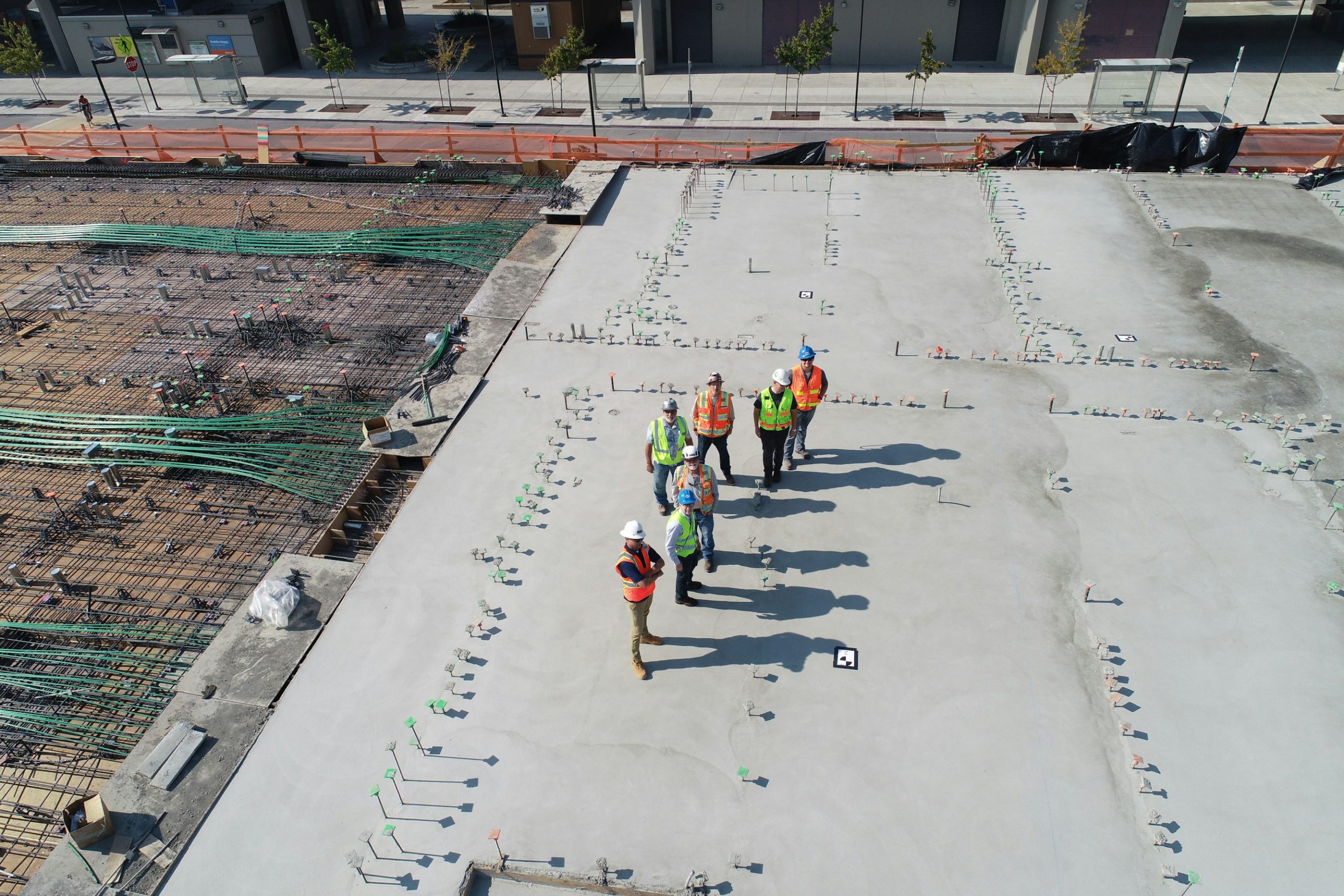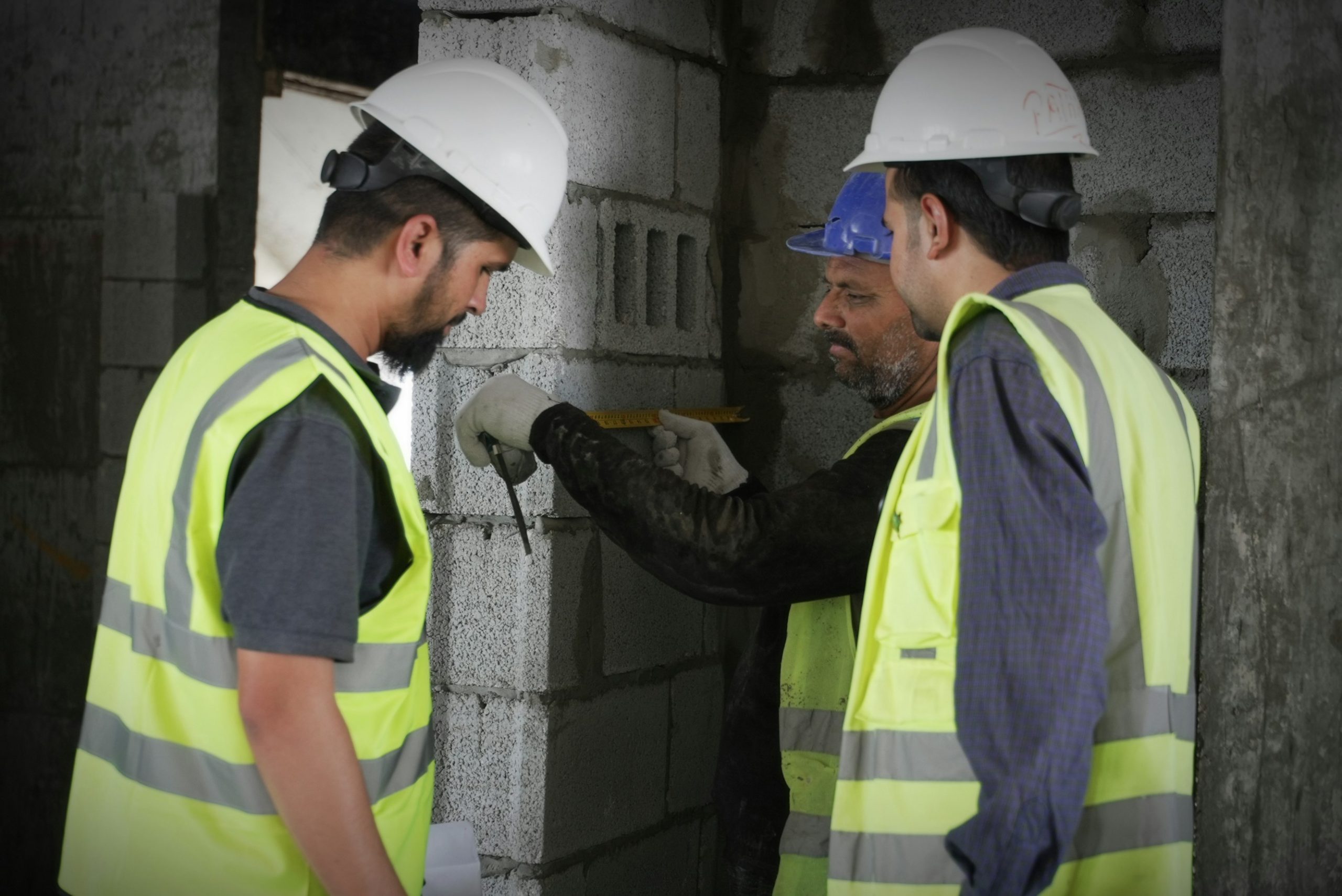Real-Time Site Logs: What Every Project in the Middle East Should Have
In the rapidly evolving construction landscape of the Middle East, visible shifts in project management underscore the necessity for efficient tools and technologies. Real-time site logs have emerged as foundational elements, crucial for overseeing large-scale infrastructure and construction projects. As the sector embraces innovation, these logs play a pivotal role in enhancing project tracking, compliance, and decision-making.
Importance of Real-Time Site Logs
Monitoring and Tracking: Real-time logs empower project managers to monitor activities as they happen, facilitating immediate issue identification and timely decision-making. This is vital in the complex, multi-stakeholder environment typical of Middle Eastern construction projects.
Data Collection and Verification: These logs function as essential systems for on-the-ground data collection, readily verifiable through both AI and human oversight. The result is enhanced data accuracy, ensuring that project managers rely on trustworthy data for informed decision-making.
Compliance and Security: Real-time logs serve critical compliance and security functions, enabling the swift detection of threats and streamlined management of regulatory requirements. Given the relentless rise in cybersecurity threats, the importance of these features is only magnified.
Key Features of Real-Time Site Logs
Data Collection: Advanced real-time log systems capture a plethora of data, from metrics and events to various logs, providing a detailed overview of site performance. Such comprehensive data capture is essential for effective decision-making.
Storage and Retrieval: Flexible storage systems allow for real-time access and archival options, ensuring that crucial data can be promptly retrieved whenever necessary.
ETL and Stream Computing: The use of ETL (Extract, Transform, Load) and stream computing technologies facilitates the immediate processing of logs, essential for rapid decision-making in a fast-paced construction environment.
Security and Compliance: Real-time logs integrate seamlessly with security information and event management (SIEM) systems, identifying threats while ensuring adherence to regulatory requirements.
Use Cases in the Middle East
Infrastructure Projects: Mega projects, such as those in Egypt and Kenya, utilize real-time site logs for managing intricate workflows, comprehensively tracking progress, and ensuring regulatory compliance.
Construction Projects: Significant ongoing construction projects, including hospitals and solar energy facilities, leverage real-time logs to optimize resource management, maintain timelines, and proactively address potential bottlenecks.
Energy and Utilities: In the energy sector, real-time logs are critical for operational monitoring, guaranteeing uninterrupted service delivery while also aiding in tracking maintenance activities.
Best Practices
Integration with AI and Digital Tools: Leveraging AI-powered project management tools can significantly enhance the analysis of real-time logs. For instance, utilizing platforms such as Zepth’s jobsite management tools can streamline the management of real-time logs and facilitate data-driven decision-making. By capturing, storing, and analyzing logs efficiently, project managers can optimize monitoring and compliance efforts.
Centralized Platform: Utilizing a unified platform ensures that all project data is consolidated in one place. This centralization supports quicker access to information, enhancing resource allocation efficacy and supporting data-driven decisions.
Cyber Security: Storing real-time logs securely is paramount. Engaging secure cloud services helps fulfill cybersecurity regulations, thereby maintaining data integrity while minimizing potential breaches.
How Zepth Can Help
Jobsite Management Tools: Zepth provides advanced jobsite management tools that facilitate the capturing, storing, and analyzing of real-time site logs. These tools ensure real-time monitoring of site activities, tracking performance, and ensuring compliance with all regulatory standards. Discover more about how Zepth’s jobsite management tools can enhance your projects.
Data-Driven Decision Making: The comprehensive dashboards offered by Zepth give project managers an instant overview of key metrics, enabling prioritization of tasks and effective resource allocation behind informed decisions.
Integration with AI and Digital Twins: Zepth’s capabilities to integrate with AI-driven tools and digital twin technologies enhance operational efficiency, allowing thorough management of projects such as NEOM and Hamad International Airport.
Emerging Innovations
Digital Twins: The adoption of digital twins in projects like NEOM and Lamina Tower is on the rise, combining artificial intelligence with hyper-connected technologies. This innovation offers a dynamic and interactive digital representation of physical infrastructures, bolstering real-time monitoring and decision-making processes.
AI-Driven Analytics: Integrating AI analytics into construction management can streamline workflows through automation. For example, WhiteHelmet’s AI initiatives in real-time logging have demonstrated reduced site visits by 50% and expedited the documentation process by an impressive 80%.
In a landscape as dynamic as the Middle East’s construction sector, leveraging real-time site logs alongside advanced technology can amplify project efficiency, reduce costs, and pave the road to successful project completions. By embracing tools such as Zepth, stakeholders can foster enhanced monitoring and compliance, retained data integrity, and optimized resource allocation.




